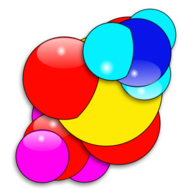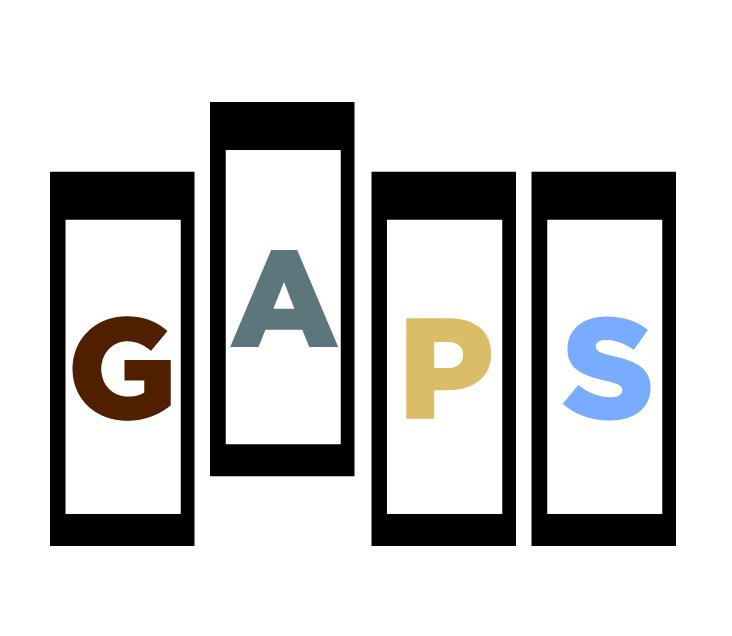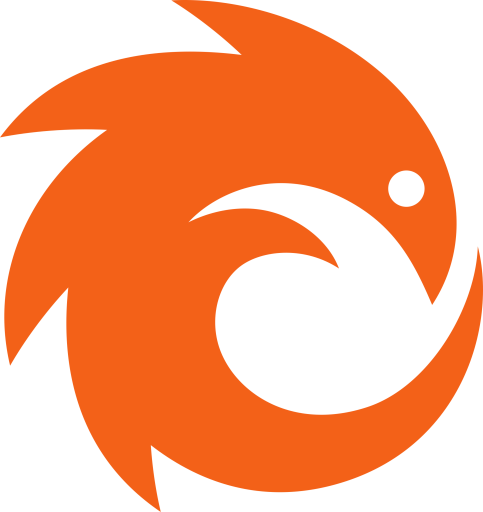
Firefox
This container will download and install Firefox in the preferred version and language. UPDATE: The container will check on every restart if there is a newer version available. ATTENTION: If you want to change the language, you have to delete every file in the 'firefox' directory except the 'profile' folder. RESOLUTION: You can also change the resolution from the WebGUI, to do that simply click on 'Show more settings...' (on a resolution change it can occour that the screen is not filled entirely with the Firefox window, simply restart the container and it will be fullscreen again).












